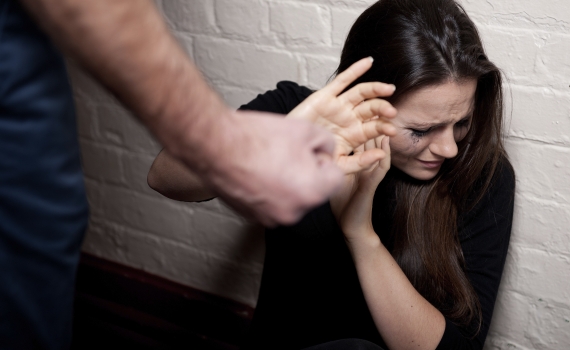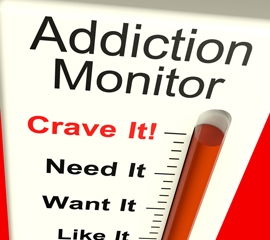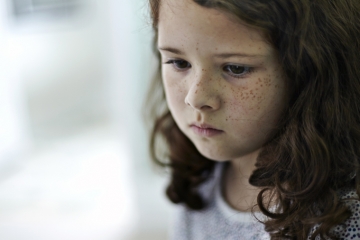Divorce and Separation
Has your relationship become ‘stuck’ in conflict?
Do you argue more and more?
Would you like to Change the Pattern of Conflict and be able to communicate in a better way?

Relationship Counselling Can Help You Communicate in a Better Way.
Common Factors That Can Affect a Relationship
- work pressures,
- childhood issues (eg. if one person has a volatile family background, been physically or sexually abused or emotionally/psychologically abused)
- argument with others (extended family, friend, work colleague etc.)
- financial problems
- grief & Loss
- homesickness
- birth of a child
- parenting
- stress, depression, or health problems
Unfortunately people often don’t see, or ignore the ‘signposts’ that signal ‘red alert’ that their relationship is in serious trouble and separation or divorce is what usually happens. Divorce hurts and is a process which can last for many years. Divorce means “to sever; to separate” and can apply to both marital and de facto relationships. There is hope though, I have worked as a Personal, Relationship and Family Counsellor for 21 years and would like to help you too. Inquire now about my Relationship Counselling Programme
Pre-Divorce
The Divorce
Post Divorce
Effects of Divorce on Children
- Bed wetting
- Clinginess
- Regression of normal development
- Disinterest in school work
- Sadness
- Social withdrawal
- Sleep problems
- Misbehaviour/Argumentative Teenagers may also find adjustment difficult and can experience intense fluctuating emotions from numbness to:
- Anger
- Sadness
- Shame
- Embarrassment Some may feel “let down” by their parents and may even blame one and side with the other. Concentration may decline, sleep problems may occur and rebellious behaviour surface or increase.
The Healing Process
Emotional & Behavioural Patterns – What to Watch For:
Co-Parenting
Call me today and take the first step…. to open the door to a better tomorrow.
Related Services
Search
Services
- Abuse (Domestic Violence)
- Addictions
- Anger Management
- Childhood Issues
- Depression
- Divorce and Separation
- Fears & Phobias
- Grief and Loss
- Habits to Health
- Pain Management
- Parent/Teen Conflict
- Parenting Issues
- Quit Smoking
- Relationship Problems
- Reduce/Quit Alcohol
- Stress-Friend or Foe
- Sleep Problems (Insomnia)
- Self Confidence & Self Esteem
- Stress & Anxiety
- VGB Weightloss
- Weight Problems
Recent Posts
April 21, 2017










